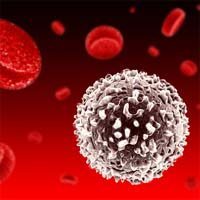Extended Survival of Peritoneal Mesothelioma with Repeat Treatment
There is some good news on the research front for patients with recurrent peritoneal mesothelioma. Doctors at the University of New South Wales in Australia say that treating these patients again with surgery and heated chemotherapy is extending lives, sometimes for several years. Peritoneal mesothelioma, which accounts for about 20 percent of mesothelioma cases, occurs on the peritoneal membrane that surrounds abdominal organs. Cytoreductive surgery (CRS) aims to remove as much of that diseased tissue as possible. It is often followed by heated intraperitoneal chemotherapy (HIPEC) to kill any remaining mesothelioma cells and to keep new tumors from starting. The CRS/HIPEC combination has become the gold standard first line treatment for peritoneal mesothelioma. But the authors of a new study…









